DNVN - Vietnam has the opportunity to develop low-carbon energy and industry, but also faces many challenges due to many reasons.
Many challenges
Vietnam has the fastest emission rate in Southeast Asia with carbon intensity reaching 502.1 million tons of CO2 equivalent in 2020 and 888.8 million tons of CO2 in 2030, an increase of 51% compared to the 2004-2014 period.
Vietnam has been working with the international community to achieve a common climate goal, moving towards a low-carbon and zero-carbon economy . This is considered the most optimal solution to develop the economy in parallel with environmental protection.
The Party and State's consistent policy is determined to fulfill the commitment to the goal of Vietnam achieving net zero emissions by 2050.
At the workshop "Industrial development, low-carbon energy: Opportunities and challenges" on May 8 in Hanoi, Mr. Ngo Duc Thanh - Institute for Strategy and Policy Research on Industry and Trade ( Ministry of Industry and Trade ) said that recently, the Government has issued many legal documents related to cleaner production to protect the environment and move towards green growth in the industrial sector. This is an opportunity for Vietnam to develop low-carbon energy and industry.
However, Vietnam also faces many challenges due to many reasons. Vietnam's consumption and production model is still highly energy-intensive and creates a lot of waste that is not recycled or reused.
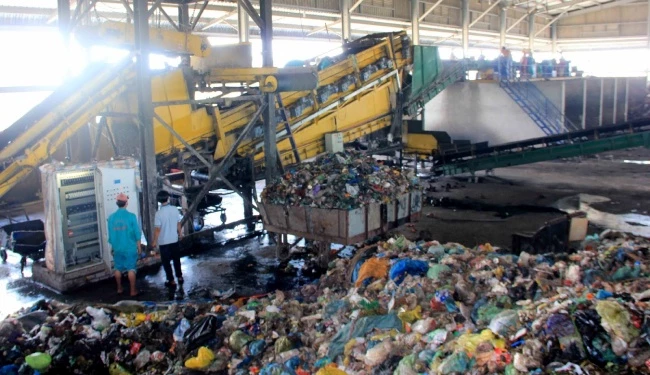
Vietnam's consumption and production are still highly energy-intensive, creating a lot of waste that is not recycled or reused.
Vietnam’s economy has a high intensity of electricity use, higher than China and twice as high as Thailand. The capacity for capital, technology development and equipment production in many enterprises is still limited.
There is a lack of specific support policies to motivate businesses to participate and switch to producing low-carbon products and goods, and environmental industry goods.
Awareness, human resources and capacity of industrial enterprises are still weak in using resources economically and effectively...
Meanwhile, the EU and other countries have issued many regulations on sustainable development and CO2 emission reduction. The EU's introduction of the European Green Deal (EGD), the Carbon Border Adjustment Mechanism (CBAM)... and other regulations have affected many industries in Vietnam.
According to Ms. Nguyen Thanh Ngan - Deputy Head of Investment and Development Department of Vietnam National Textile and Garment Group (VINATEX), reducing greenhouse gas emissions is an irreversible global trend. Policies on controlling greenhouse gas emissions are increasingly strict, binding on each enterprise. The emission quota mechanism will soon be implemented in Vietnam.
The carbon border adjustment mechanism will affect many industries that emit large amounts of greenhouse gases. Goods with a lower carbon footprint will have a competitive advantage.
Need credit support policies, tax incentives
Faced with these challenges, Mr. Ngo Duc Thanh said that the State needs to have credit support policies and tax incentives to encourage environmental industry enterprises and industrial production enterprises to invest in applying low-carbon emission production technology and energy-saving technology...
Have policies to attract investment in developing technology and equipment for the environmental industry to reduce carbon emissions. Limit investment attraction in energy-intensive industries.
Apply and develop circular and ecological economic models in industrial parks and clusters. Propagate and disseminate to businesses, have solutions to share and accompany businesses.
In particular, it is necessary to develop high-quality human resources, closely linking human resource development with the development and application of science and technology.
For businesses, experts recommend changing raw materials and production processes. Improving energy efficiency, switching to renewable energy. Developing and applying carbon capture and storage technology; investing and applying new technologies to reduce emissions, circular economy in production...
"There are many effective solutions to reduce CO2 emissions in the industrial sector. Enterprises need to apply solutions suitable to their industry characteristics and actual conditions. Reducing CO2 emissions not only contributes to environmental protection but also brings economic benefits to enterprises," Mr. Thanh emphasized.
Sharing solutions to reduce emissions in the textile industry, Ms. Nguyen Thanh Ngan recommended that businesses should increase the use of clean energy such as wind power, solar power, biomass, hydrogen, green ammonia. Apply solutions and technologies to use energy efficiently. Comply with regulations on greenhouse gas inventory and measurement, reporting, and verification of greenhouse gas emission reduction.
In addition, it is necessary to apply circular economy, reduce the use of raw materials, reduce waste, and use water resources efficiently. Efforts should be made to reduce the carbon footprint along the supply chain.
Referring to the issue of emission reduction in urban cooling in Vietnam, Dr. Trinh Quoc Dung - Faculty of Thermal Energy, School of Mechanical Engineering, Hanoi University of Science and Technology shared that rapid urbanization leads to challenges in living conditions and environment of residents, especially vulnerable groups due to climate change. Urban heat islands, heat waves and heat waves appear more and more frequently.
Urban cooling is a holistic and integrated approach between analysis and assessment in urban design planning, architecture and urban landscape.
Therefore, there is a need to develop sustainable cooling solutions and nature-based solutions for urban areas and in buildings. Develop pilot projects on sustainable cooling at local level.
At the same time, integrate sustainable cooling into policy documents as well as propose potential financial mechanisms to support sustainable cooling projects in Vietnam.
Minh Thu
Source: https://doanhnghiepvn.vn/kinh-te/phat-trien-cong-nghiep-nang-luong-phat-thai-carbon-thap-doi-dien-nhieu-thach-thuc/20240508043346785



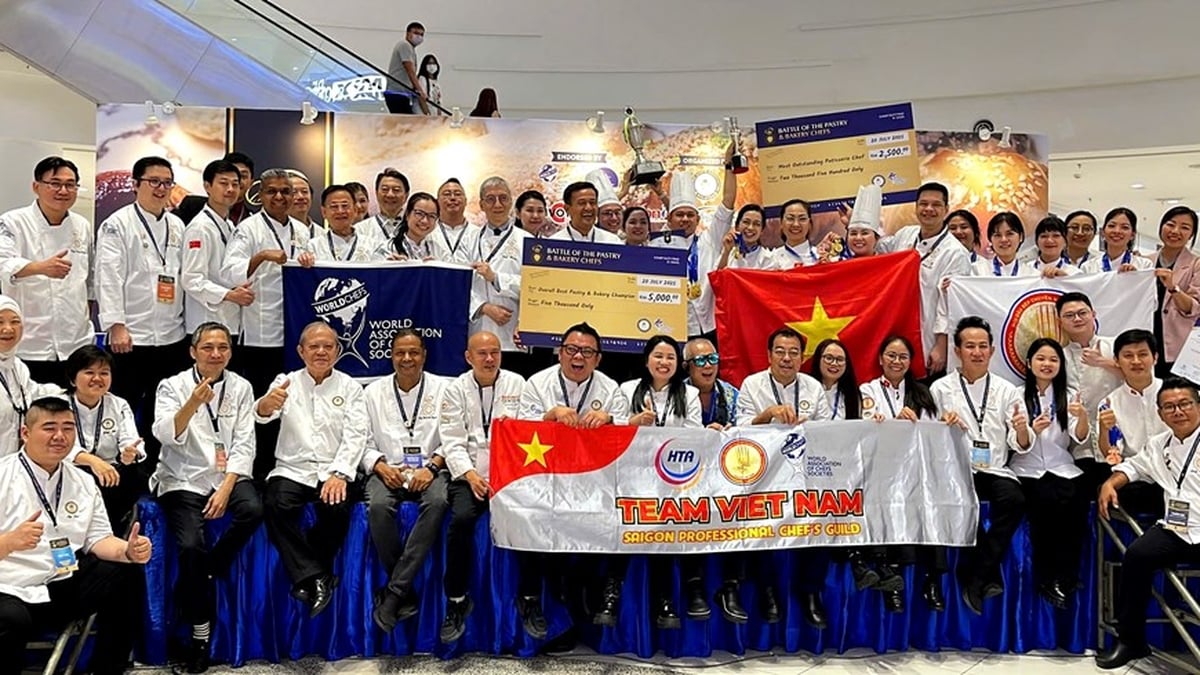
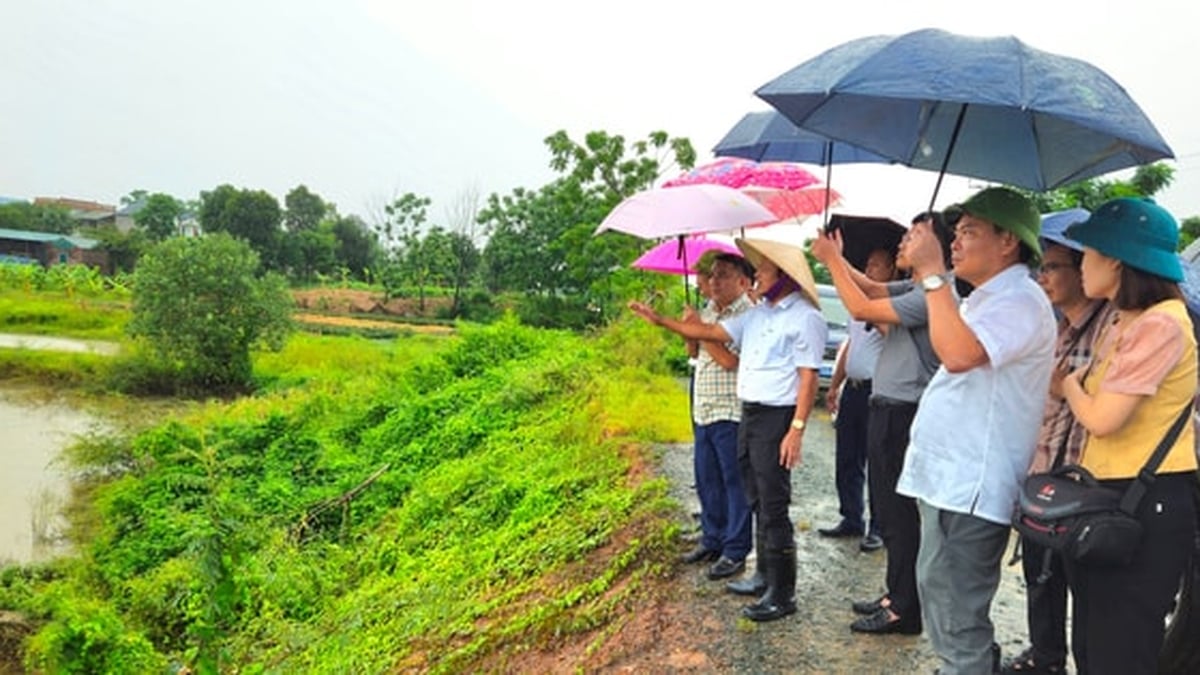



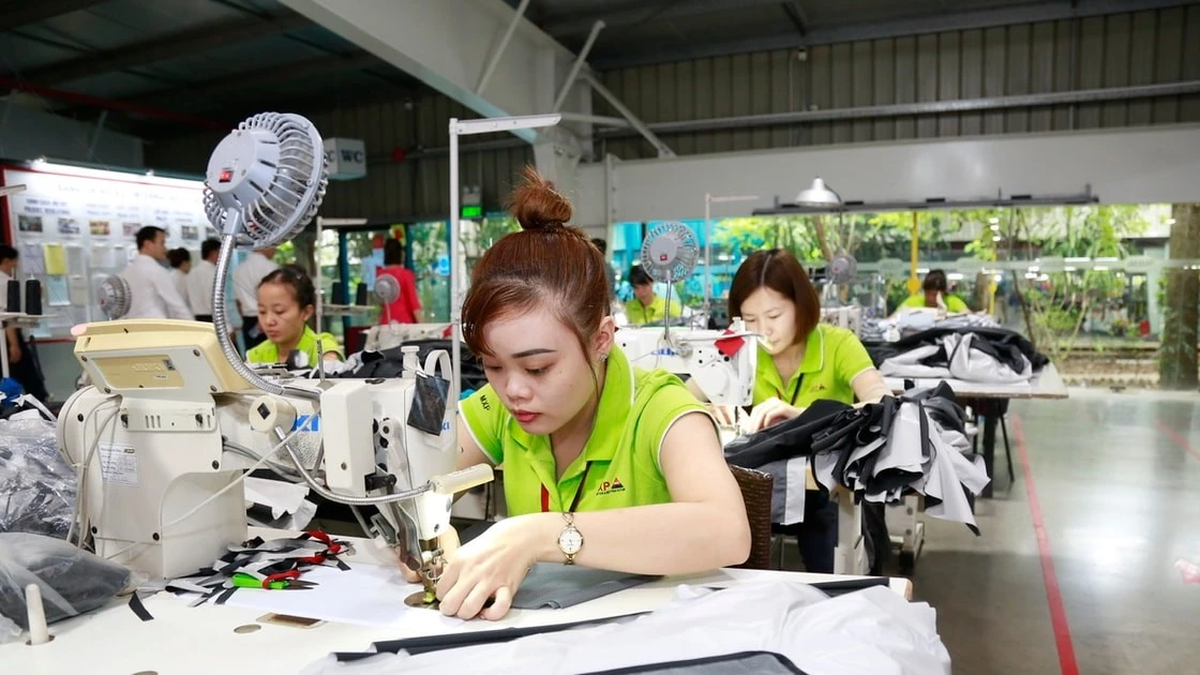
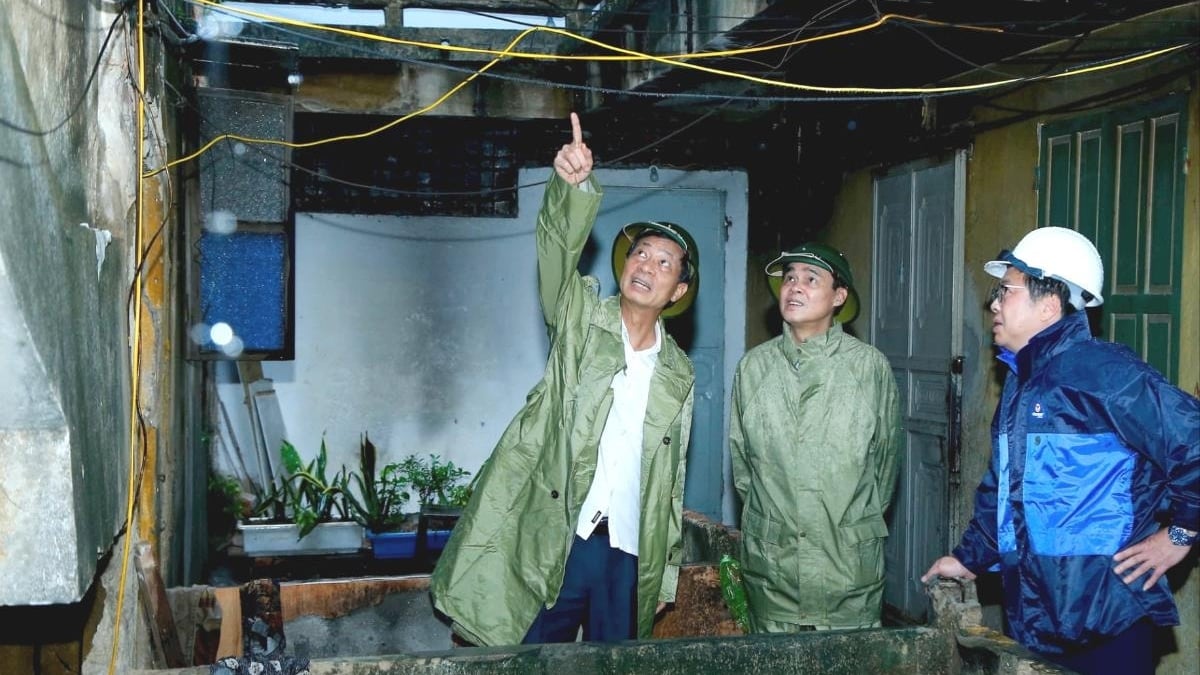
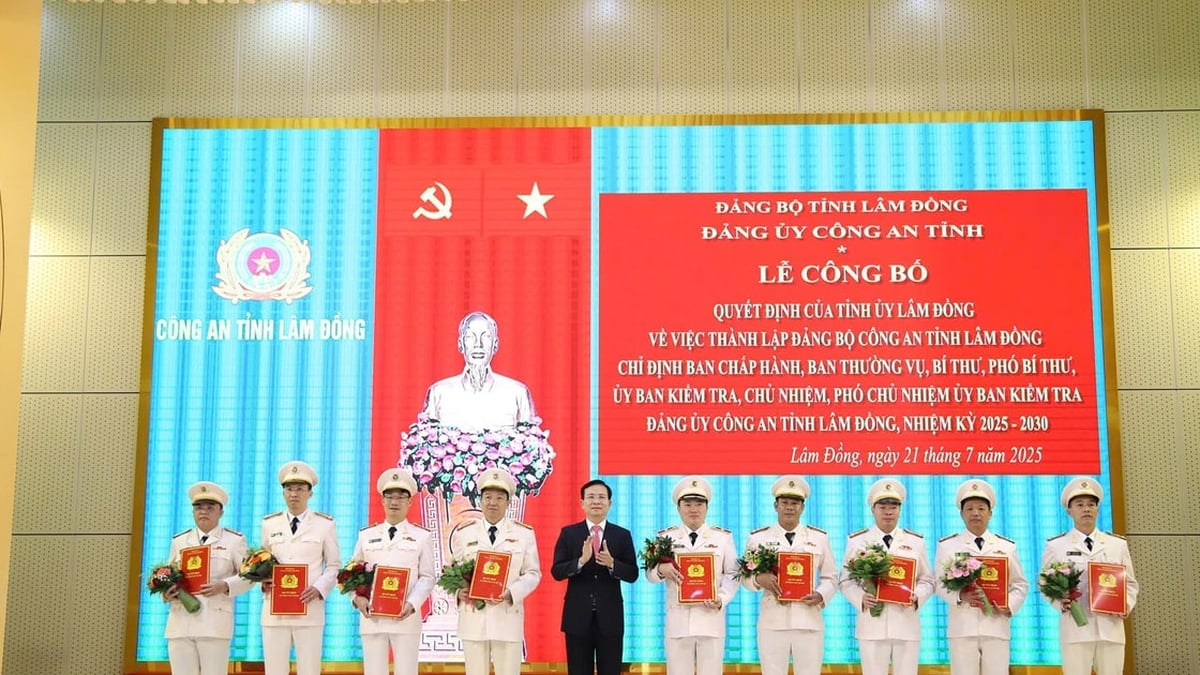














![[Photo] National Assembly Chairman Tran Thanh Man visits Vietnamese Heroic Mother Ta Thi Tran](https://vphoto.vietnam.vn/thumb/1200x675/vietnam/resource/IMAGE/2025/7/20/765c0bd057dd44ad83ab89fe0255b783)












































































Comment (0)